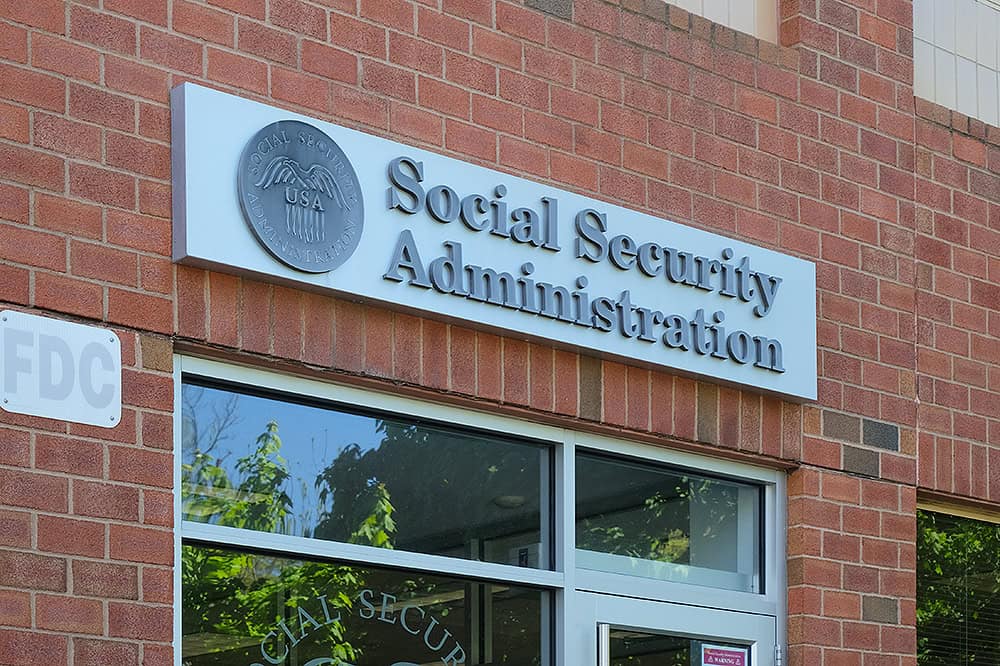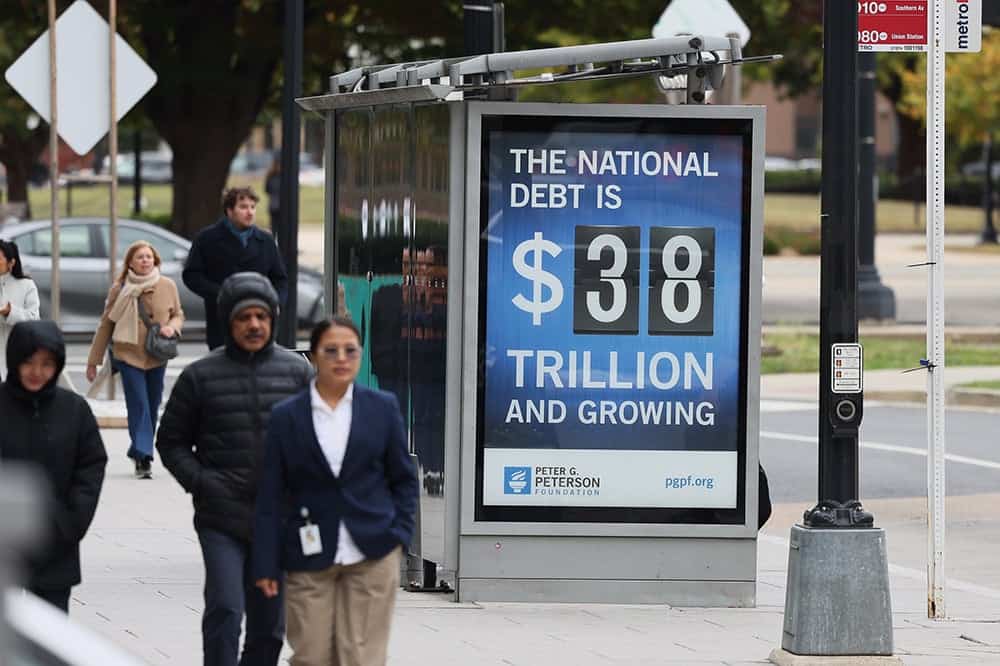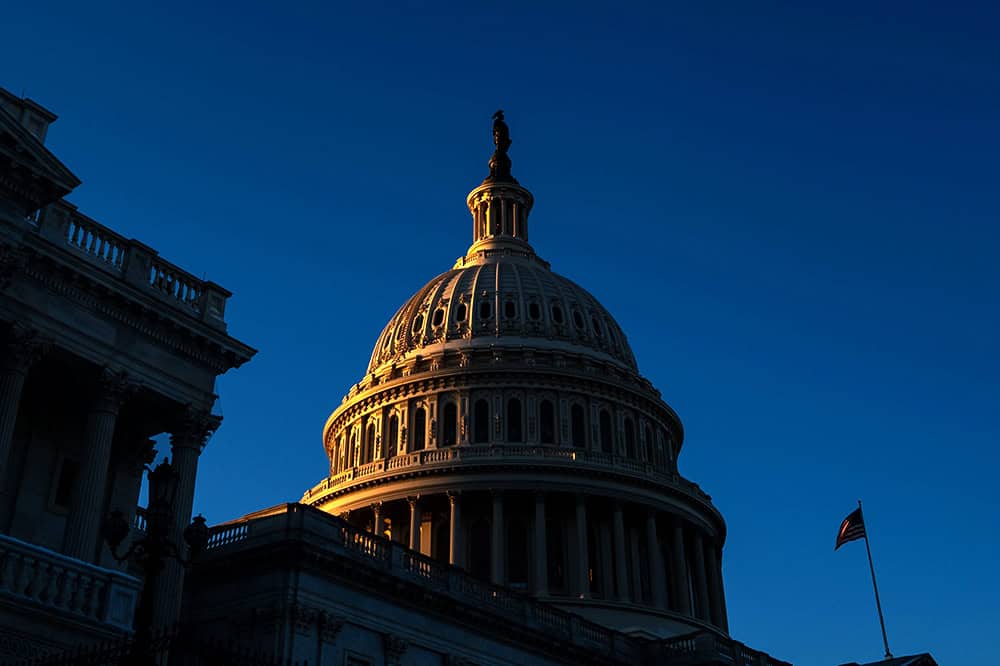As Government Shutdown Continues and National Debt Surpasses $38 Trillion, U.S. Voters Deeply Concerned about Fiscal Outlook
U.S. Fiscal Confidence Index for October is 46 (100 is Neutral)
As the national debt soars past $38 trillion and the government shutdown extends into its second month, Americans are deeply concerned about the country’s fiscal condition. The U.S. Fiscal Confidence Index is 46 (100 is neutral), indicating strong agreement from American voters that the president and Congress should prioritize responsible budgeting and forward-looking solutions for the national debt.
The latest monthly survey commissioned by the Peter G. Peterson Foundation shows that 81% of voters believe the president and Congress should spend more time addressing our fiscal challenges, and 79% report their level of concern about our debt has increased. More than three in four voters (77%) agree that the debt should be a top-three priority for lawmakers, including 73% of Democrats, 73% of independents and 84% of Republicans.
“It took the United States just 70 days to go from $37 trillion to $38 trillion in debt, and voters are deeply concerned about the fiscal hole we are digging for future generations,” said Michael A. Peterson, CEO of the Peterson Foundation. “As the shutdown extends into its second month, today’s new poll shows that Americans are calling on their leaders to break the political gridlock and come together on solutions. Taking advantage of the many available fiscal reforms will put America’s economy on a stronger, more sustainable path.”
The Fiscal Confidence Index measures public opinion about the national debt by asking six questions in three key areas:
- CONCERN: Level of concern and views about the direction of the national debt.
- PRIORITY: How high a priority addressing the debt should be for elected leaders.
- EXPECTATIONS: Expectations about whether the debt situation will get better or worse in the next few years.
The survey results from these three areas are weighted equally and averaged to produce the Fiscal Confidence Index value. The Fiscal Confidence Index, like the Consumer Confidence Index, is indexed on a scale of 0 to 200, with a neutral midpoint of 100. A reading above 100 indicates positive sentiment. A reading below 100 indicates negative sentiment.
Fiscal Confidence Index Key Data Points:
- The October 2025 Fiscal Confidence Index value is 46. (The September value was 46. The August value was 49.)
- The current Fiscal Confidence Index score for CONCERN about the debt is 42, indicating deep concern about the debt. The score for debt as a PRIORITY that leaders must address is 26, indicating that Americans want elected leaders to make addressing long-term debt a high priority. The score for EXPECTATIONS about progress on the debt is 72. The Fiscal Confidence Index is the average of these three sub-category scores.
The Peter G. Peterson Foundation commissioned this poll by Democratic firm Global Strategy Group and Republican firm North Star Opinion Research. This online poll surveyed 1,003 registered voters nationwide between October 20 and October 22, 2025. It has a margin of error of +/- 3.1%.
Detailed results can be found online at www.pgpf.org/FiscalConfidenceIndex.
###
ABOUT THE PETER G. PETERSON FOUNDATION
The Peter G. Peterson Foundation is a nonprofit, nonpartisan organization that is dedicated to increasing public awareness of the nature and urgency of key fiscal challenges threatening America's future, and to accelerating action on them. To address these challenges successfully, we work to bring Americans together to find and implement sensible, long-term solutions that transcend age, party lines and ideological divides in order to achieve real results. To learn more, please visit www.pgpf.org.
Further Reading
Lawmakers are Running Out of Time to Fix Social Security
Without reform, Social Security could be depleted as early as 2032, with automatic cuts for beneficiaries.
What Is the National Debt Costing Us?
Programs that millions of Americans depend on and care about may be feeling a squeeze from interest costs on our high and rising national debt.
Interest Costs on the National Debt Are Reaching All-Time Highs
The most recent CBO projections confirm once again that America’s fiscal outlook is on an unsustainable path — increasingly driven by higher interest costs.


